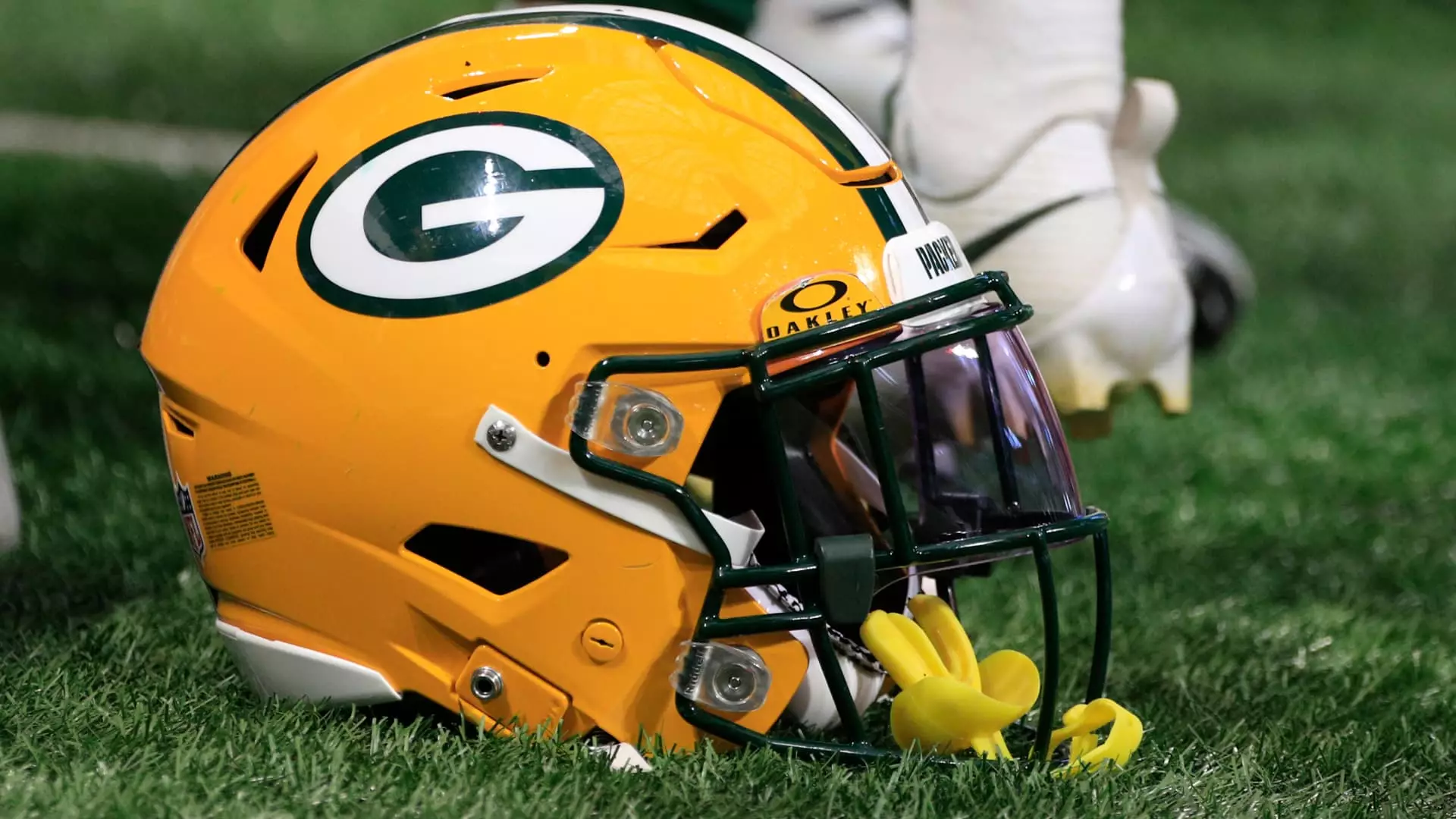The Green Bay Packers, with a valuation of $6.3 billion, stand out as the only National Football League team that operates under a publicly owned structure. Since its establishment over a century ago, the franchise has maintained a tradition of ownership by stockholders who are primarily dedicated Packers fans. With a total of more than 5.2 million outstanding shares held by over 538,000 individuals, the ownership model has been sustained through six stock offerings conducted in 1923, 1935, 1950, 1997, 2011, and most recently in 2021.
Despite owning a piece of the historic franchise, shareholders of the Green Bay Packers do not receive any dividends or have the ability to realize financial gains from their ownership. The shares are nontransferable outside of the family lineage, leaving limited options for selling back to the team at a fraction of the original purchase price. While shareholders can attend the team’s annual meeting and participate in voting for the board of directors, the ownership structure does not yield any monetary compensation.
The yearly revenue generated by the Packers, amounting to $638 million in 2023, is allocated towards essential functions such as player salaries, stadium maintenance, and promotional activities. With a primary focus on sustaining the team’s operations, the intermittent stock offerings have historically played a critical role in overcoming financial challenges and undertaking significant renovations at Lambeau Field.
Given the unique ownership model of the Packers, characterized by a 200,000 share per person ownership cap and restrictions on financial returns, the franchise is positioned as an unattractive prospect for private equity investors seeking profit-generating opportunities. While current regulations allow approved firms to own up to 10% of a team, the stringent limitations imposed by the Packers’ ownership structure deter potential external investment interest.
For individuals aspiring to own a part of the Green Bay Packers, the primary obstacle is not financial affordability but rather the timing of stock offerings. Since the shares are not regularly available for purchase and the price per share has escalated over the years, accessibility to ownership remains a challenge for dedicated fans. Despite the gradual increase in share value, the cost of ownership remains a fraction of the average NFL team valuation.
The Green Bay Packers distinguish themselves within the NFL landscape not only through their ownership structure but also as the smallest market television-wise among the 32 teams. The absence of significant tourism inflow, unlike other major city franchises, further sets the Packers apart within the league. Additionally, the team’s extended legacy of stable quarterback transitions from Brett Favre to Aaron Rodgers to Jordan Love attracts attention and sometimes criticism from rival fans and organizations.

